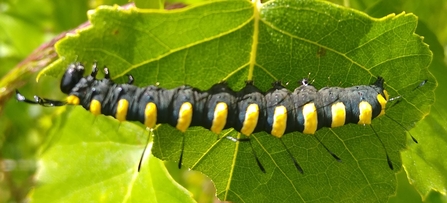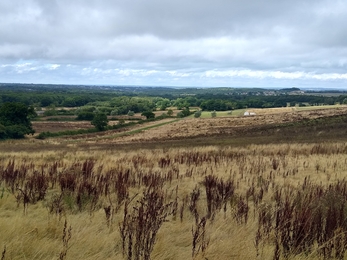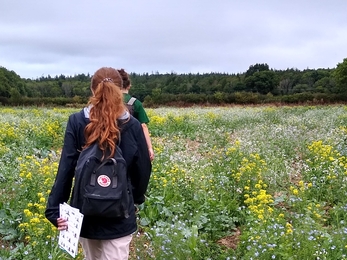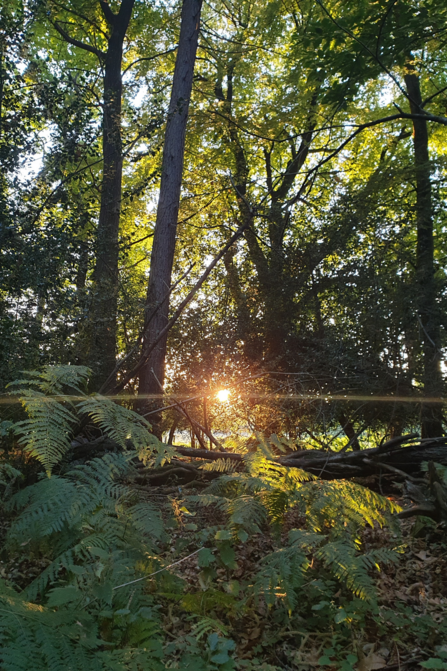Amy's Experience
“Throughout the last few months, I have had the opportunity to carry out a placement with HIWWT as an Ecological Field Surveyor. I am about to go into my final year at the University of Southampton studying Environmental Science with a Year in Employment, on the Biodiversity and Conservation pathway. During my placement year I was based on an RSPB reserve located in the southwest of Scotland and another in the Lake District. These were both amazing opportunities however working with HIWWT gave me the opportunity to contribute to conservation work closer to where I am studying. Some of my main interests are the methods and successfulness of rewilding projects and also human and wildlife interactions.
The majority of the work was carried out across five sites in the New Forest as part of the Our Past Our Future project. Part of this project is to educate and help landowners manage their land effectively for biodiversity. I along with another placement student monitored the land to see how biodiversity had changed from year to year as a result of this partnership work. Monitoring mainly consisted of evening bat surveys where we would start at sunset and walk along a set transect route using a bat detector and recorder to record any bats present. After collecting the data, we would then analyse the recordings to identify the species of bat using the peak frequency and call shape. We also carried out invertebrate surveys, specifically butterfly and bumblebee. Again, this would consist of following a set transect route and identifying any butterfly and bumblebee species sighted. At a few sites we also did some fixed-point photography to compare how the site has progressed throughout the years.








